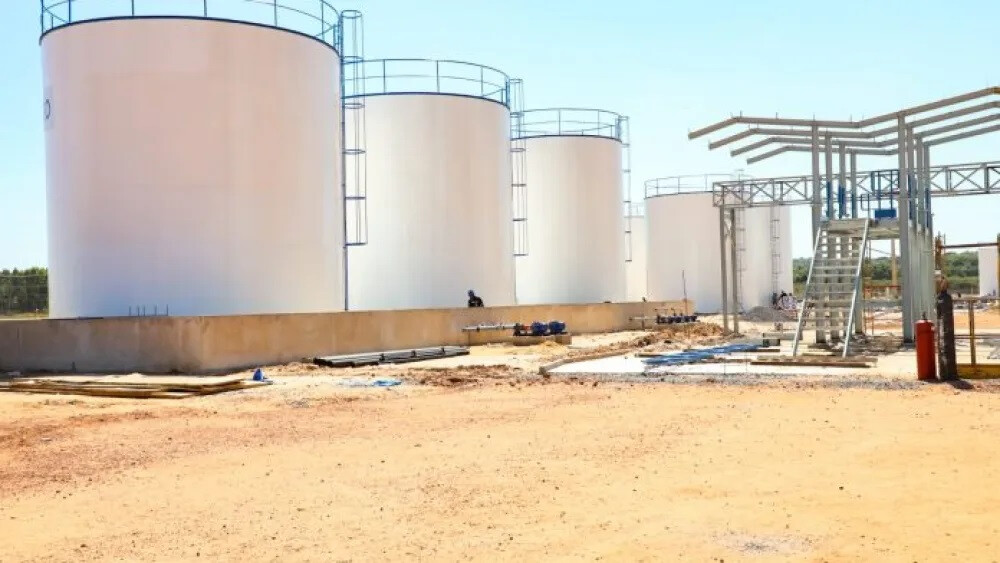
Brazil's decision to increase the biofuel blending ratio for petroleum derivatives to 15% starting in August is a measure that the Paraguayan government should emulate to foster the growth of its domestic biofuel industry, according to local industry officials. The Paraguayan biofuel industry currently operates at 50% idle capacity, suggesting immediate growth potential if the blending ratio is increased.
Francisco Jáuregui, Vice President of the Paraguayan Biofuels Chamber (Biocap) and President of Cremer Oleo Paraguay, emphasized that Brazil's decision demonstrates a strong commitment to the development of its biofuel industry. He stated that these measures are making the Brazilian industry a regional leader.
Jáuregui pointed out, "Paraguay, as a country that imports 100% of its fossil fuels, suffers from energy instability and is vulnerable to fluctuations in international oil prices." He added, "Paraguay should follow Brazil's lead and adopt similar policies." He criticized that despite Paraguay already having a solid biofuel industry foundation, the government's low blending ratio cap of 5% hinders the industry's organic growth. "An industry that cannot develop struggles to grow," he argued.
Jáuregui stated that biofuel associations are urging the Paraguayan government to adopt policies similar to Brazil's for biofuel industry development. He added, "Producing one liter of biodiesel will save millions of dollars that would otherwise be spent abroad," explaining that this would "promote the development of the soybean industry and related oil production chains, and also contribute to reducing carbon emissions." Ultimately, he described this as "a way to support local industries and create more jobs."
Jáuregui expressed confidence that the Paraguayan biofuel industry currently has all the conditions to grow in step with other countries in the region.
Current Status and Growth Potential of Paraguay's Biofuel Industry
Paraguay's biofuel industry began as a small-scale artisanal endeavor in 2005 but entered a full growth trajectory with the enactment of a law to increase blending ratios in 2019 (Law 6,389/2019). However, the actual implementation of this law only began in 2023. Currently, the blending ratio is limited to 5% by a resolution from the Ministry of Industry and Commerce (MIC). The government has stated on several occasions that it is considering raising the blending ratio, but no concrete progress has been made yet.
Paraguay's biofuel plants utilize state-of-the-art technology and have the capacity to immediately increase the blending ratio with fossil fuels to 10%. This means an immediate response is possible thanks to the industry's current 50% idle production capacity. The high idle rate indicates potential for increased production, showing that output could surge if the blending ratio is raised.
In fact, according to data from the Central Bank of Paraguay (BCP), biodiesel exports increased by 49% from $10 million in 2023 to $15 million in 2024. These figures prove that the biofuel industry already possesses significant growth potential, and even greater economic benefits can be expected if the domestic blending ratio is increased.
Industry stakeholders anticipate various positive effects from increasing the biofuel blending ratio, including: a reduction in dependence on imported fossil fuels and enhanced energy security, promotion of domestic agriculture and industrial development, job creation, and reduction in carbon emissions. Brazil's 15% blending ratio policy serves as an important precedent for Paraguay, and proactive policy decisions from the government are needed to fully unleash the potential of the domestic biofuel industry.
[Copyright (c) Global Economic Times. All Rights Reserved.]




























